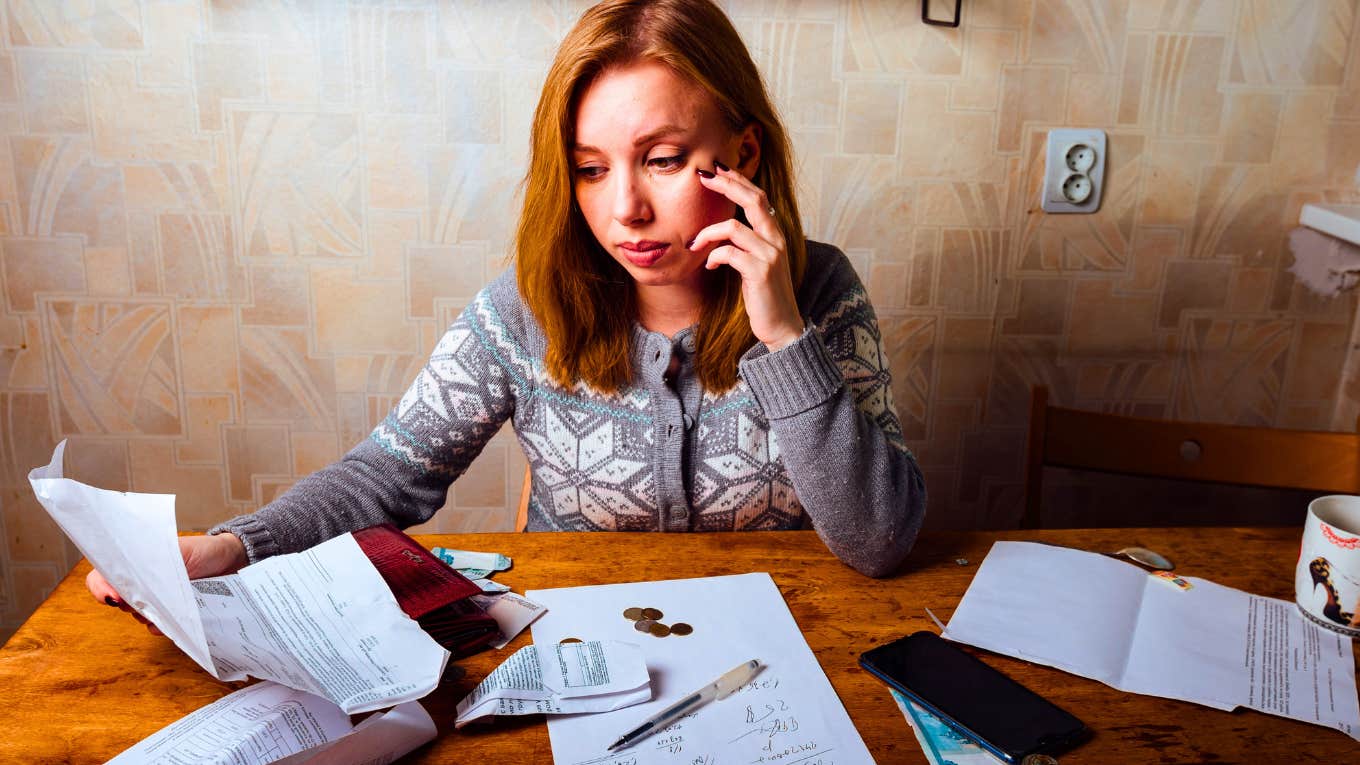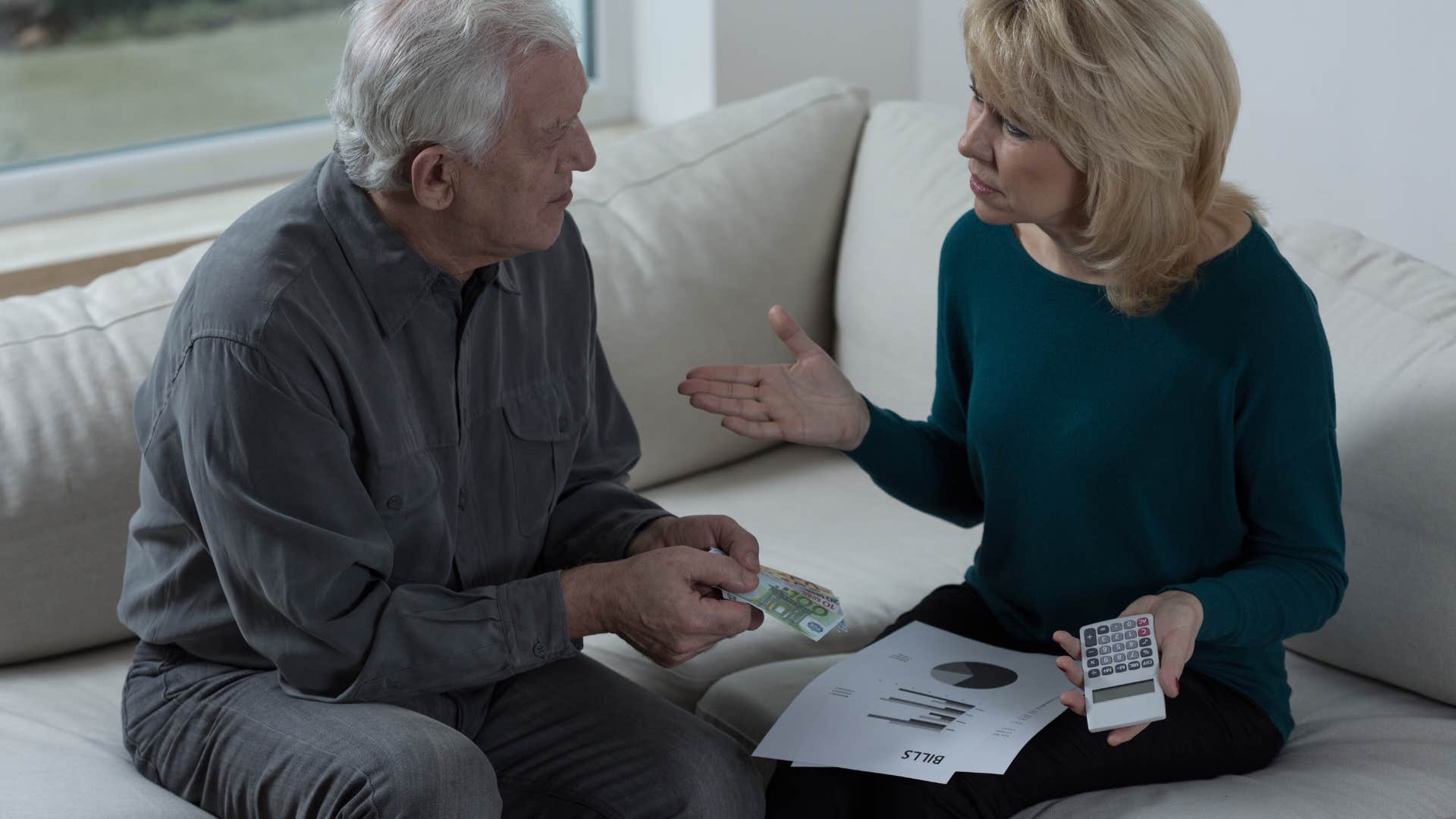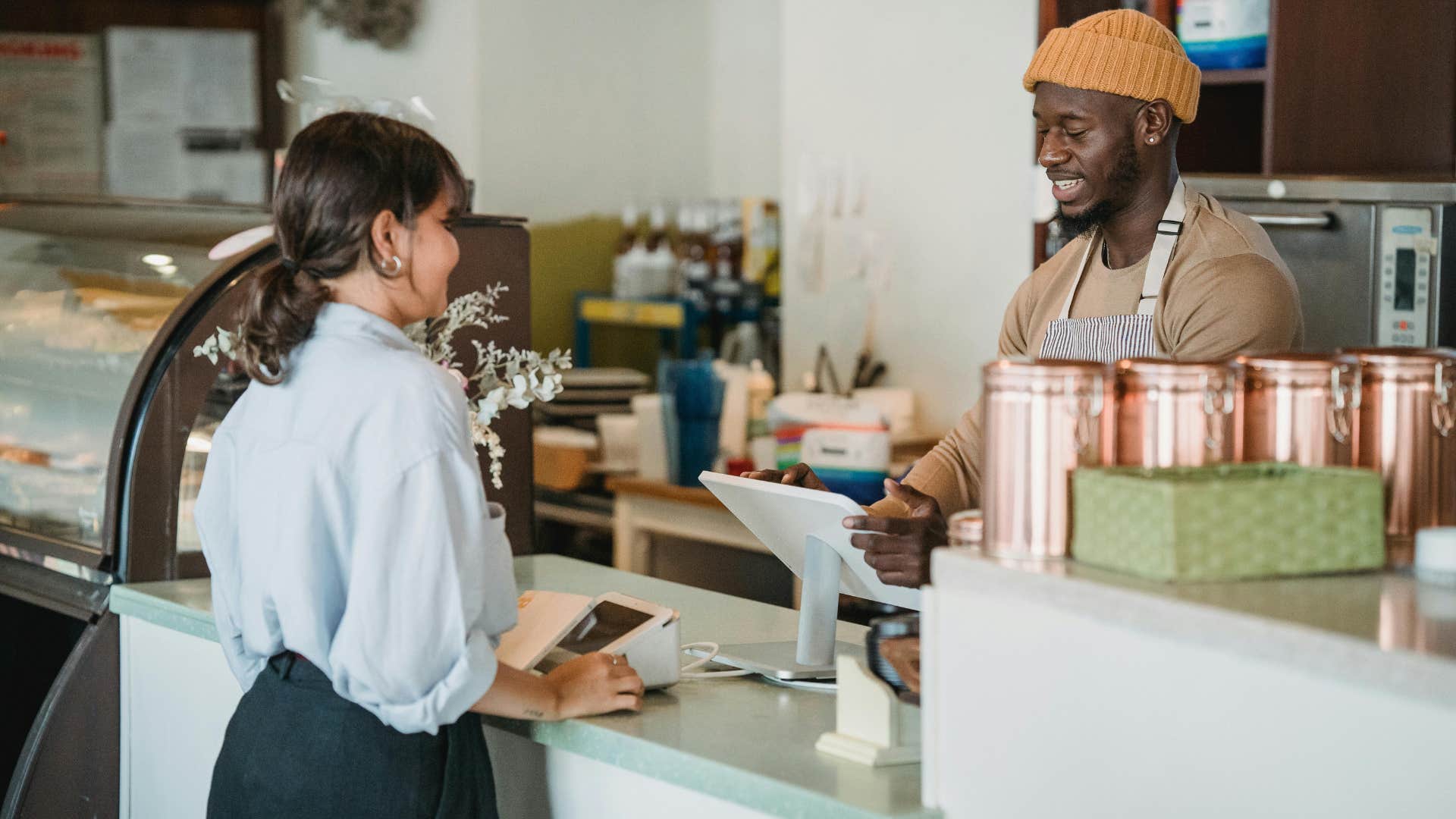11 Things That Never Feel Truly Safe To People Who Were Raised By Frugal Parents
Growing up with frugal parents often leaves people with an enduring sense that money and anything it touches can never be fully trusted.
 EvGavrilov / Shutterstock
EvGavrilov / Shutterstock Growing up in a household where money was always tight—or where frugality was treated as a virtue above all else—shapes how people see the world. Even if the intention is to teach responsibility and avoid waste, the underlying message children receive is often one of scarcity. The habit of caution becomes so ingrained that it spills into areas of adult life where it doesn’t really belong. Instead of feeling like a choice, frugality becomes a reflex, and that makes certain things never feel fully safe.
What’s tricky is that these patterns don’t always show up as financial anxiety alone. They creep into relationships, self-worth, and even day-to-day decisions. People raised by frugal parents often find that their comfort with money or with what money represents remains uneasy, even if they’re financially secure now.
These are 11 things that never feel truly safe to people who were raised by frugal parents
1. Spending money on themselves
 Wavebreakmedia from Getty Images via Canva
Wavebreakmedia from Getty Images via Canva
For those raised with a frugal mindset, personal spending often feels indulgent or wasteful. Even buying a new jacket or treating themselves to dinner can trigger guilt.
Research on childhood financial socialization shows that parental attitudes toward money strongly predict adult spending habits. When frugality was emphasized, the idea of self-care through spending rarely feels comfortable later. What should feel rewarding ends up feeling unsafe.
2. Taking financial risks
 Vecteezy Images via Canva
Vecteezy Images via Canva
Investing in the stock market, starting a business, or even switching to a higher-risk, higher-reward job feels daunting. Growing up, risks were often framed as reckless or dangerous.
This makes many adults raised by frugal parents overly cautious, even when the math or opportunity is in their favor. Instead of excitement, they feel dread. Safety becomes synonymous with clinging to what’s already known.
3. Expecting financial stability to last
 fizkes from Getty Images via Canva
fizkes from Getty Images via Canva
Even when money is good, people raised in frugal homes often fear it could vanish at any moment. This sense of instability lingers, no matter the size of their savings account.
Psychologists studying scarcity mindsets found that growing up with financial limits creates a lasting sense of insecurity. The result is never being able to truly relax into stability, because it never feels guaranteed to last.
4. Accepting gifts without guilt
 dikushin from Getty Images via Canva
dikushin from Getty Images via Canva
When you were raised by frugal parents, being on the receiving end of generosity from others, whether it’s a birthday present or a spontaneous treat, can feel uncomfortable.
Many grew up hearing about costs, waste, and not needing more. That makes receiving feel like a burden rather than a joy. Instead of being safe, gifts trigger guilt. They bring up the thought that now they owe something back, so what should feel warm often feels unsettling.
5. Talking openly about money
 KatarzynaBialasiewicz from Getty Images via Canva
KatarzynaBialasiewicz from Getty Images via Canva
In many frugal households, money was either a constant point of stress or a taboo subject. That silence turns into discomfort in adulthood, where conversations about salaries, bills, or budgets feel unsafe.
Studies note that a lack of open financial discussion in childhood predicts lower confidence in money management later. For these adults, the topic itself feels like a minefield.
6. Trusting others with financial decisions
 Pressmaster via Canva
Pressmaster via Canva
Sharing bank accounts, co-signing on loans, or even splitting bills can feel risky. Growing up with messages about careful control, they struggle to believe someone else won’t misuse or waste money.
This mistrust often bleeds into relationships, where finances are a common source of conflict. What should be viewed as teamwork feels like a constant source of unease.
7. Spending on experiences instead of things
 juststock from Getty Images via Canva
juststock from Getty Images via Canva
Vacations, concerts, or classes may feel especially unsafe because there’s nothing to show for it afterward. Frugal parents often prioritized tangible, lasting purchases, so money spent on fleeting moments feels frivolous.
Yet research from Cornell University found that experiences actually bring more long-term happiness than material goods. Still, for those raised frugally, the lesson sticks. If it disappears after use, it was wasted.
8. Feeling financially equal in relationships
 Prostock-studio via Canva
Prostock-studio via Canva
Those raised with frugal parents sometimes carry shame if their partner spends more freely, or if they themselves earn less. Money becomes tied to self-worth, and financial imbalance feels like emotional imbalance.
Instead of safety, there’s comparison and unease. This dynamic can make even loving relationships stressful when it comes to money.
9. Letting go of 'what if' savings
 pixelshot via Canva
pixelshot via Canva
Even with a healthy emergency fund, the idea of not saving just in case feels terrifying. They grew up hearing that anything could go wrong, so no amount ever feels enough.
Research on financial anxiety shows that this mindset can persist even in objectively secure situations. What others call preparation, they experience as an endless, exhausting safety net.
10. Trusting that money can bring joy
 AaronAmat from Getty Images via Canva
AaronAmat from Getty Images via Canva
Perhaps the deepest wound is the inability to believe money can actually create positive experiences. Instead of safety, money is linked with pressure, guilt, or fear.
Even when opportunities arise to use money for fun or fulfillment, they hesitate. It doesn’t feel safe to equate money with happiness because childhood taught them it was only about survival.
11. Enjoying luxuries
 Mizuno K from Pexels via Canva
Mizuno K from Pexels via Canva
Ordering dessert, booking a nice hotel, or buying the brand-name version rarely feels simple. For those raised in frugality, luxuries were often framed as foolish spending. Even when affordable, these moments feel unsafe, like crossing an invisible line.
Research shows that people raised in households with a scarcity mindset often carry heightened sensitivity to non-essentials. What others see as enjoyment, they experience as anxiety.
Sloane Bradshaw is a writer and essayist who frequently contributes to YourTango.

